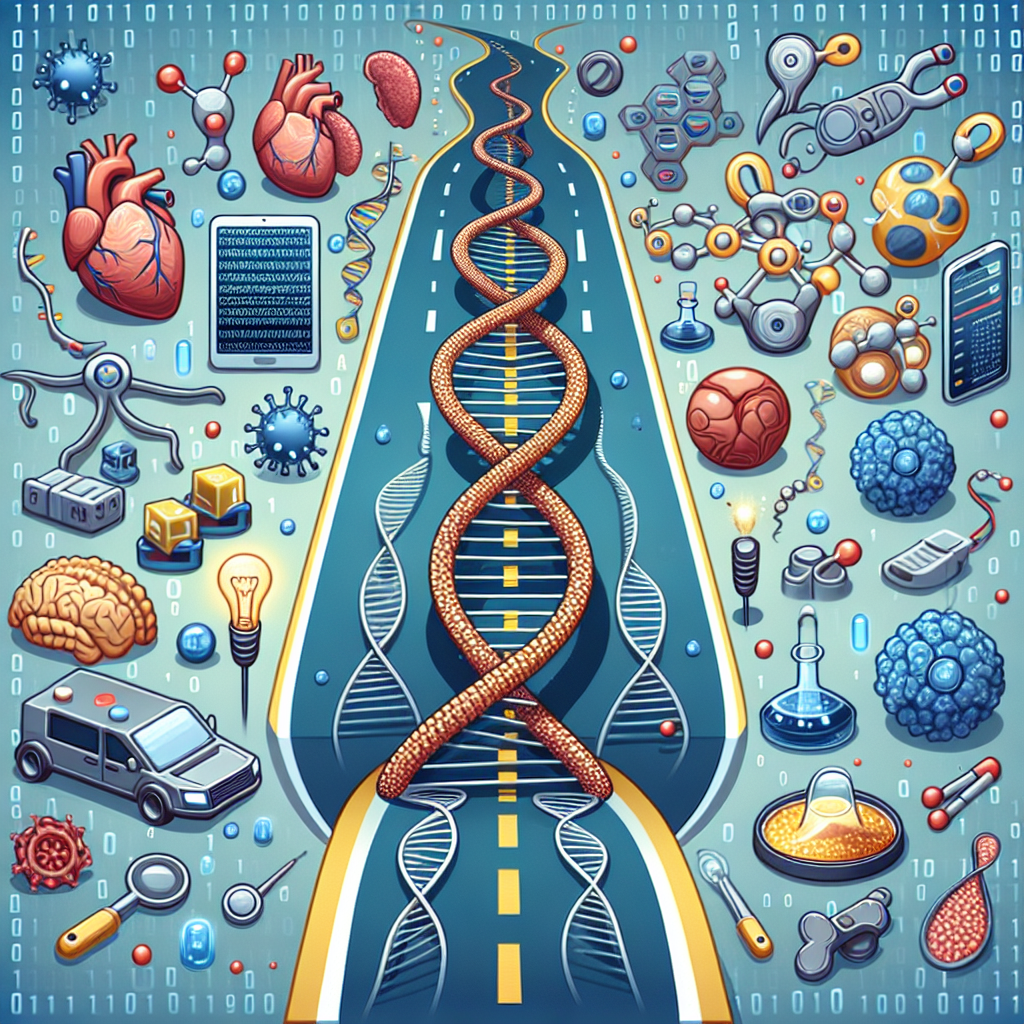Artificial General Intelligence (AGI) is the holy grail of artificial intelligence research. AGI refers to a machine intelligence that possesses the ability to understand, learn, and apply knowledge in a way that is indistinguishable from human intelligence. While we have made significant advancements in the field of artificial intelligence, achieving AGI remains a daunting challenge. In this article, we will explore the road to AGI, the challenges that lie ahead, and the opportunities that come with it.
The Road to AGI
The journey to AGI is a long and arduous one, filled with obstacles and uncertainties. One of the biggest challenges in developing AGI is the complexity of human intelligence itself. Human intelligence is a highly intricate and multifaceted phenomenon that involves a wide range of cognitive abilities such as perception, reasoning, problem-solving, and creativity. Replicating these abilities in a machine is no easy task.
Another challenge in achieving AGI is the lack of a unified theory of intelligence. While we have made significant progress in developing specialized AI systems that excel at specific tasks, such as image recognition or natural language processing, these systems lack the general intelligence required to perform a wide range of tasks in a variety of domains. Developing a unified theory of intelligence that can encompass all aspects of human cognition is crucial for achieving AGI.
Furthermore, there are ethical and societal implications to consider when developing AGI. The prospect of creating machines that possess human-like intelligence raises a host of ethical questions, such as who will be responsible for the actions of AGI systems, how to ensure the safety and security of AGI systems, and how to prevent the misuse of AGI technology. Addressing these ethical concerns is essential for the responsible development of AGI.
Challenges Ahead
There are several technical challenges that must be overcome in order to achieve AGI. One of the biggest challenges is the issue of scalability. While current AI systems excel at specific tasks, they struggle to generalize their knowledge to new tasks or domains. Developing AI systems that can learn from limited data and generalize their knowledge to new situations is a key challenge in achieving AGI.
Another challenge is the issue of explainability. Current AI systems are often referred to as “black boxes” because it is difficult to understand how they arrive at their decisions. Developing AI systems that are transparent and explainable is important for ensuring the safety and reliability of AGI systems.
Additionally, there are challenges related to the integration of different AI technologies. AGI will require the integration of a wide range of AI technologies, such as machine learning, natural language processing, and computer vision. Developing AI systems that can seamlessly integrate these technologies and work together in a coordinated manner is a significant challenge.
Opportunities Ahead
Despite the challenges that lie ahead, the road to AGI also presents numerous opportunities. One of the biggest opportunities is the potential for AGI to revolutionize a wide range of industries and domains. AGI has the potential to transform healthcare, finance, transportation, and many other industries by automating tasks, improving decision-making, and enabling new capabilities.
Another opportunity is the potential for AGI to enhance human capabilities. By collaborating with AGI systems, humans can leverage the intelligence and knowledge of machines to solve complex problems, make better decisions, and achieve new levels of creativity.
Furthermore, AGI has the potential to address some of the most pressing challenges facing society, such as climate change, poverty, and healthcare. By harnessing the power of AGI, we can develop innovative solutions to these challenges and create a more sustainable and equitable world.
FAQs
Q: When will we achieve AGI?
A: The timeline for achieving AGI is uncertain and depends on a variety of factors, including technological advancements, research progress, and funding. Some experts predict that we could achieve AGI within the next few decades, while others believe it may take longer.
Q: What are the risks associated with AGI?
A: There are several risks associated with AGI, including the potential for AGI systems to surpass human intelligence and act in ways that are harmful to humans. Ensuring the safety and security of AGI systems is crucial to mitigating these risks.
Q: How can we ensure the ethical development of AGI?
A: Ensuring the ethical development of AGI requires a multidisciplinary approach that involves researchers, policymakers, and industry stakeholders. Developing ethical guidelines, conducting risk assessments, and engaging in public dialogue are important steps in ensuring the responsible development of AGI.
In conclusion, the road to AGI is filled with challenges and uncertainties, but also with opportunities for innovation and progress. By addressing the technical, ethical, and societal challenges of AGI, we can unlock the full potential of artificial intelligence and create a future where machines and humans can collaborate in ways that were once thought impossible.

